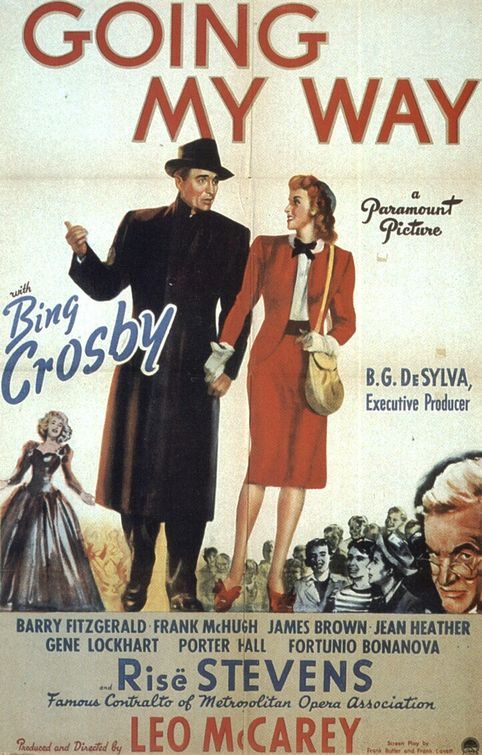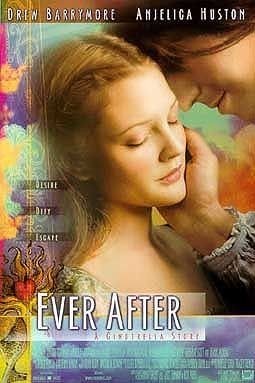A Star Is Born:
The High Price of Fame
By Dr. Tom Snyder, Editor
This Friday, Hollywood releases another remake of the old chestnut, A STAR IS BORN.
This is the third time Hollywood has remade this story. The original movie appeared in 1937 and starred Janet Gaynor and Fredric March. The first remake starred Judy Garland and James Mason, released in 1954. The second remake starred Barbra Streisand and Kris Kristofferson, released in 1976 with an R rating.
The story is the same in virtually all four movies. A has-been celebrity artist with a substance abuse problem takes a young, super-talented female artist under his wing, only to commit suicide when the woman, whom he marries, overshadows him, when her success only makes his decline, professionally and personally, that more apparent. The first two movies are set in the world of Hollywood while the second two are set in the world of pop music. Also, in the first two movies, alcohol is the culprit, but the second two movies also involve drug abuse.
The first movie starring Gaynor and March was the least successful, selling only about 16.77 million tickets. The first remake sold about 30.48 million tickets. The third movie sold about 37.56 million tickets.
Though it’s very well directed and acted, the new movie contains a much higher level of foul language and obscene content than the Barbra Streisand movie, which was also rated R.
The first two versions of this story are probably the best ones, although the 1954 Judy Garland version was about three hours long, so the studio cut 30 minutes out of the movie while the director, George Cukor, was overseas shooting another picture. Most of the missing footage was restored in 1983, with about five minutes using photo stills from the movie over the soundtrack. Cukor went on to finally win the Oscar for MY FAIR LADY in 1965.
Fredric March and Janet Gaynor were both nominated for Best Actor Oscars for their performances in the 1937 version. Both James Mason and Judy Garland were also nominated for Oscars, the first time that such a thing had happened with a remake. Judy was devastated after she lost the Oscar by only six votes to Grace Kelly’s performance in THE COUNTRY GIRL. During the shooting of the movie, Judy took multiple sick days off from the production. She wasn’t really sick all the time, however. Sometimes she had just spent the evening before singing at a local nightclub. Other times, she was visiting the racetrack! She did, though, take a couple weeks off to rid herself of her pill addiction.
The 1937 version isn’t a musical, but the 1954 version is. In the movie, Garland plays a singer-actress, not just an actress. Most people agree that her best musical performance in the movie is the song “The Man That Got Away.” Her performance is so good that the song became a mainstay in her nightclub and concert act afterwards.
Though all the men in all the versions of A STAR IS BORN commit suicide, the suicides in the 1937 and 1954 versions are dramatically powerful as well as tragic and sad. After her beloved husband’s suicide in the 1954 version, Garland is devastated by the event and doesn’t want to leave her house. However, her friends encourage her to make a public appearance and even sing a song. After they introduce her, she walls out onstage and says in a halting but strong voice, “My name is Mrs. Norman Maine,” and the movie ends. Judy’s performance in this scene is truly one of the great endings in Hollywood movies. Groucho Marx called Judy’s loss of the Oscar “the biggest robbery since Brink’s.”
The ending to the 1937 version starring Fredric March and Janet Gaynor is almost as emotionally powerful. It’s an excellent movie that’s aged pretty well.
Compared to the first two versions, the 1974 version starring Kris Kristofferson and Barbra Streisand doesn’t pack the same wallop, though Kristofferson’s performance is one of his best performances. Streisand makes more of an impact in FUNNY GIRL, THE WAY WE WERE and WHAT’S UP, DOC?
Hollywood keeps remaking this story, updating it for modern moviegoers. Obviously, there’s something special and universal about its story. Also, it presents an opportunity for actors, singers, writers, and directors to create a dramatically powerful movie with compelling characters that touch people’s hearts and souls.
Questions or comments? Please write to us here.


 - Content:
- Content: 

